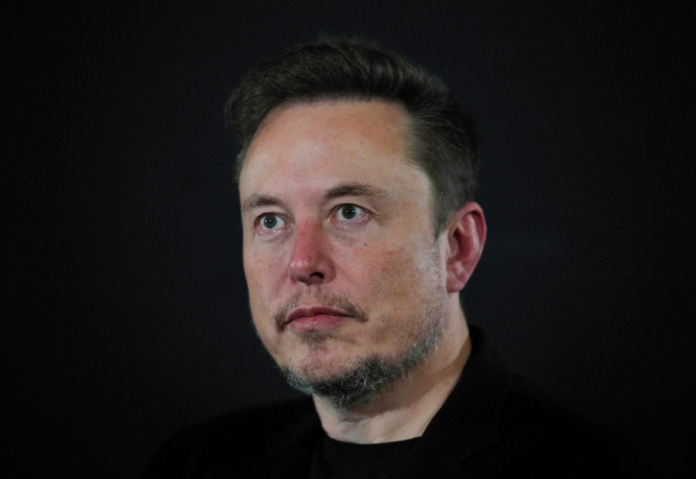Elon Musk’s brain-chip company Neuralink streamed live from its first implanted patient using a gadget to play online chess
Neuralink, Elon Musk’s brain-chip business, livestreamed its first implanted patient using a chip to play online chess, on Wednesday.
After a diving accident left him paralyzed below the shoulder, 29-year-old patient Noland Arbaugh used the Neuralink device to move the cursor while playing chess on his laptop. The goal of the implant is to allow users to use only their thoughts to control a computer’s keyboard or cursor.
According to Musk’s statement from last month, Arbaugh was able to operate a computer mouse with his thoughts after receiving an implant from the business in January.
Regarding the implant operation, Arbaugh remarked, “The surgery was super easy,” in the video that was live on Musk’s social media platform X. “I was discharged from the hospital the very next day. I don’t have any cognitive disabilities. Arbaugh stated, “I had pretty much given up playing that game [Civilization VI]. You guys (Neuralink) gave me the chance to do that again and played for eight hours straight.”
Arbaugh elaborated on his experiences with the new technology, stating that they “have run into some issues” and that it is “not perfect.”
“I don’t want people to think that this is the end of the journey; there’s still a lot of work to be done, but it has already changed my life,” he stated.
Neuralink’s findings, according to Kip Ludwig, the former program director for brain engineering at the National Institutes of Health in the United States, were not a “breakthrough.”
We are still in the very early stages of post-implantation, and both the Neuralink side and the subject side have a lot to learn in order to optimize the amount of information for control that can be attained,” he continued.
Ludwig stated that despite the implant, the patient has benefited by being able to communicate with a computer in a manner that was not possible for them to do before. “It’s certainly a good starting point,” he stated.
Less than a month after the business announced it was allowed to test its brain implants on humans, it was revealed last month that U.S. Food and Drug Administration inspectors discovered issues with record-keeping and quality controls for animal studies at Elon Musk’s Neuralink. When questioned about the FDA inspection, Neuralink remained silent.
Also read: Women in the technology industry is constantly increasing, says Rajita Bhatnagar
Do Follow: CIO News LinkedIn Account | CIO News Facebook | CIO News Youtube | CIO News Twitter
About us:
CIO News, a proprietary of Mercadeo, produces award-winning content and resources for IT leaders across any industry through print articles and recorded video interviews on topics in the technology sector such as Digital Transformation, Artificial Intelligence (AI), Machine Learning (ML), Cloud, Robotics, Cyber-security, Data, Analytics, SOC, SASE, among other technology topics.






